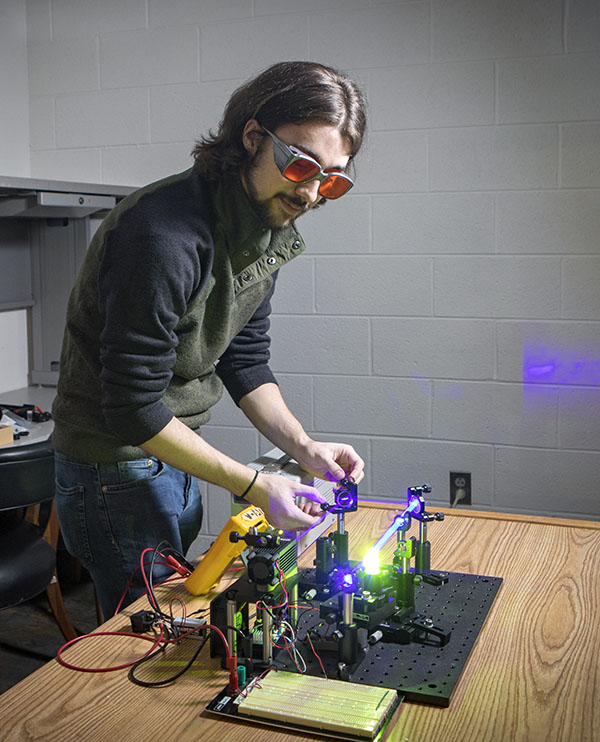
Jack Griffin, a senior from Waxhaw majoring in physics at Appalachian, works to develop a demonstration laser using turmeric dissolved in ethanol as the “gain medium” — the substance that converts incoming light into the visible beam. The project is being developed to educate students and the public about lasers. Photo by Marie Freeman
BOONE, N.C. — Dr. Lauren Woods and a team of undergraduates from Appalachian State University want to bring lasers out of the realm of Star Wars weaponry and into the home for practical use. In fact, the laser Woods’ team is developing contains turmeric, which can be eaten when lasing is finished.
“I thought it was a neat idea to combine everyday things with technology that’s growing in popularity,” Woods said. “A lot of people associate lasers with weapons, and they’re not just used for that. They’re household items. We want to make them less of a mystery.”
Woods, a lecturer in Appalachian’s Department of Chemistry, has spent the last year working with her co-advisor on the project, Dr. Brooke Hester, assistant professor in Appalachian’s Department of Physics and Astronomy, to develop an edible laser that helps prove her point. The team expects to have the system lasing by the end of the spring 2018 semester and ready for public demonstration by spring 2019.
The project was one of 11 student projects nationwide to win a 2016-17 Marsh W. White Award from the American Institute of Physics’ Society of Physics Students. These awards support projects that promote an interest in physics among students and the general public.
“This project started out as more of a fun thing,” Woods said. “We developed it into a project we can take out to the public so that we can show what a laser is.”
“Lasers are very important and are widely used in medicine, telecommunications, astronomy and many other applications,” Hester said, “but not many people understand them or how important they are.”
Lasers are common in households, offices and businesses, Woods said, citing laser printers, barcode scanners, DVDs and laser pointers as examples.
When students presented their work in progress at a recent conference, she said many people stopped by to get a closer look at the project.
“Even scientists, when you mention an edible laser, start asking questions,” she said. “We want people to start asking questions. That’s how people learn.”
Lasers consist of three main parts — the pump, the cavity and the gain medium, Woods said. The pump supplies a source of energy to the optical cavity, where light bounces around. The gain medium — the edible component being tested — is placed inside the optical cavity and is the source of gain within a laser; this is what creates the visible beam of light.
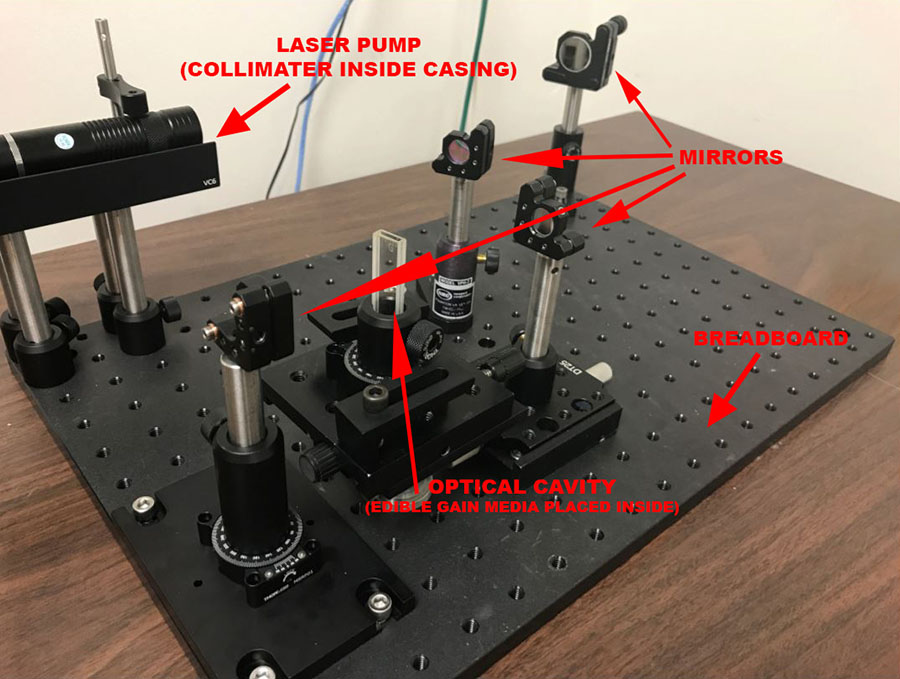
Several components, including mirrors, a laser pump, an optical cavity and a breadboard, compose the edible laser created by Lauren Woods and Brooke Hester, faculty within the chemistry and physics and astronomy departments at Appalachian, along with undergraduate students Jose Salazar and Jack Griffin. Photo submitted, labeling by Troy Tuttle
Woods and a friend started developing an edible laser when Woods was a postdoctoral candidate at the University of Wisconsin in Madison. Woods brought some of the components of the laser with her to Appalachian and proposed the idea to the university’s Physics and Astronomy (PandA) Club, which Hester advises.
At Appalachian, the team experimented with such edible materials as vitamin B-2, beet juice, tonic water and turmeric, a plant in the ginger family.
Hester said the PandA Club’s goal is science advocacy and community outreach. They host several demo shows, a laser graffiti booth and a laser maze at Appalachian’s STEAM Expo as part of the annual statewide North Carolina Science Festival, and participate in demonstration shows each year at local schools and on Appalachian’s campus.

Jack Griffin, a senior from Waxhaw majoring in physics at Appalachian, works to develop a demonstration laser using turmeric dissolved in ethanol as the “gain medium” — the substance that converts incoming light into the visible beam. The project is being developed to educate students and the public about lasers. Photo by Marie Freeman
Jose Salazar, a senior from Wake Forest who is double majoring in math and physics at Appalachian, worked with fellow student Jack Griffin on the project. Griffin, a senior physics major from Waxhaw, said the chance to work on a project with professors and learn something new appealed to him.
“The thing that excited me most about this project was the chance to get hands-on experience with optics,” Griffin said. “I’ll take this knowledge with me to whichever career I choose and will know that it’s had a strong influence in making me a better physicist.”
Society of Physics Students (SPS)
About the College of Arts and Sciences
The College of Arts and Sciences (CAS) at Appalachian State University is home to 17 academic departments, two centers and one residential college. These units span the humanities and the social, mathematical and natural sciences. CAS aims to develop a distinctive identity built upon our university's strengths, traditions and locations. The college’s values lie not only in service to the university and local community, but through inspiring, training, educating and sustaining the development of its students as global citizens. More than 6,800 student majors are enrolled in the college. As the college is also largely responsible for implementing App State’s general education curriculum, it is heavily involved in the education of all students at the university, including those pursuing majors in other colleges. Learn more at https://cas.appstate.edu.
About the A.R. Smith Department of Chemistry and Fermentation Sciences
The A.R. Smith Department of Chemistry and Fermentation Sciences offers a Bachelor of Arts in chemistry, a Bachelor of Science in chemistry with eight different concentrations and an interdisciplinary Bachelor of Science degree in fermentation sciences. The department’s programs prepare students to attend graduate and professional schools, as well as for employment in the pharmaceutical and fermentation industries and other business sectors. Learn more at https://dcfs.appstate.edu.
About the Department of Physics and Astronomy
The Department of Physics and Astronomy’s curriculum has an applied nature that includes a core of fundamental physics courses and laboratory experiences. The department prepares graduates for a variety of scientific, teaching or engineering professions, as well as future educational endeavors. Learn more at https://physics.appstate.edu.
About Appalachian State University
As a premier public institution, Appalachian State University prepares students to lead purposeful lives. App State is one of 17 campuses in the University of North Carolina System, with a national reputation for innovative teaching and opening access to a high-quality, cost-effective education. The university enrolls more than 21,000 students, has a low student-to-faculty ratio and offers more than 150 undergraduate and 80 graduate majors at its Boone and Hickory campuses and through App State Online. Learn more at https://www.appstate.edu.
What do you think?
Share your feedback on this story.
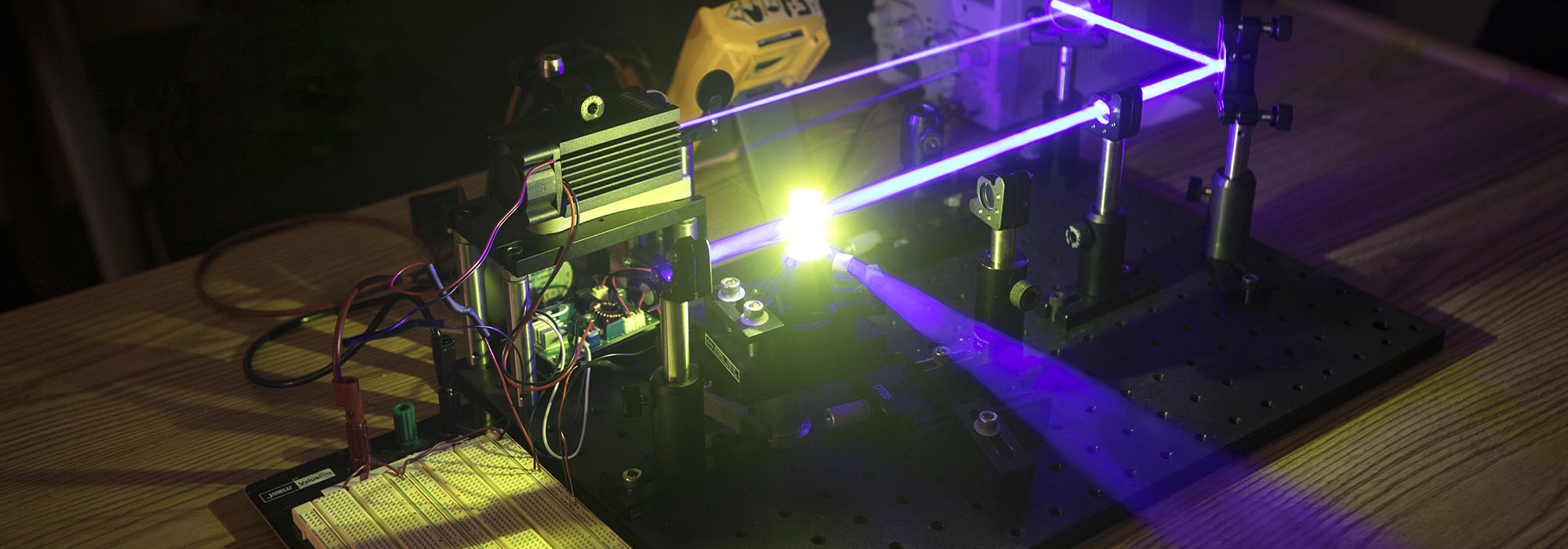
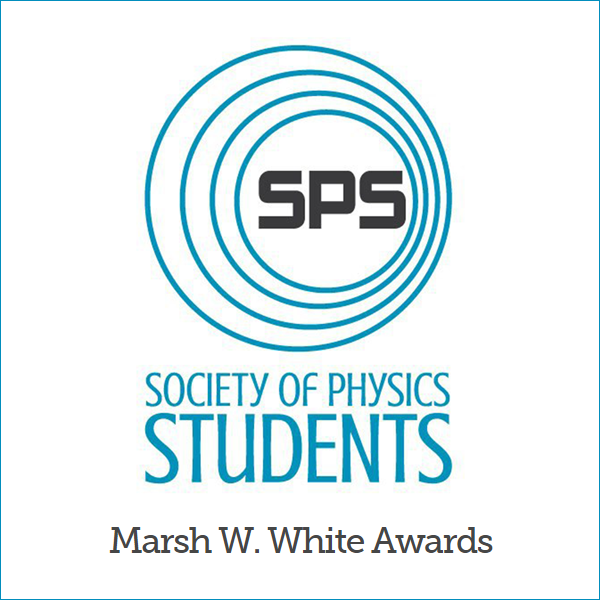
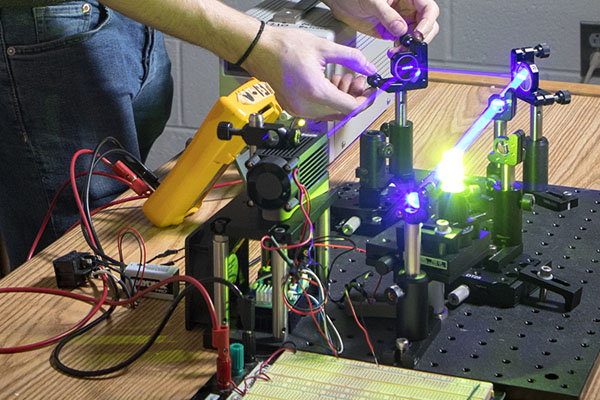

![How NCInnovation Is Rethinking Economic Development in North Carolina [faculty featured]](/_images/_posts/2026/02/rethinking-economic-development-600x400.jpg)









